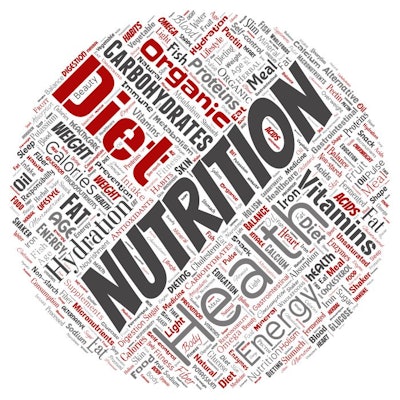
Citing ‘misrepresentation’ by the media, the EAT-Lancet Commission issued a statement on Monday clarifying that the independent scientific commission is neither sponsored nor endorsed by the World Health Organization (WHO).
An article released in April triggered a wave of claims that the WHO had withdrawn support for the EAT-Lancet Commission, which has drawn criticism since the January release of an extensive report asserting that decreased consumption of animal protein will curb climate change. However, EAT and WHO dispute reports of a falling out because the two organizations never had a formal relationship.
“It is more that WHO sees EAT, and its stated goals to work on sustainable healthy diets, as being very relevant to WHO’s own efforts to ensure all people have access to healthy, nutritious and sustainable diets,” Paul Garwood, a spokesman for WHO, said in an email. WHO has participated in panels alongside EAT, he said, because WHO saw these as opportunities to promote its own nutritional guidelines. WHO has not taken a position on the guidelines forwarded this year by EAT.
Although Francesco Branca, director of WHO’s Department of Nutrition for Health and Development, sits on the EAT Commission, he does so as a private individual, Garwood said. EAT, according to Monday’s statement, has never pursued the endorsement of any government agency, including WHO.
Garwood believed that the confusion arose from a press release issued in late March by the Italian Ministry of Foreign Affairs, which criticized WHO for sponsoring an EAT launch event that month in Geneva. According to the press release, the proposed EAT diet would result in multiple vitamin deficiencies and could lead to economic depression in developing countries.
In fact, Garwood said, WHO was not a sponsor of that event. Rather, WHO participated in the panel to forward discussion of nutritional standards and healthy diets in general.

















